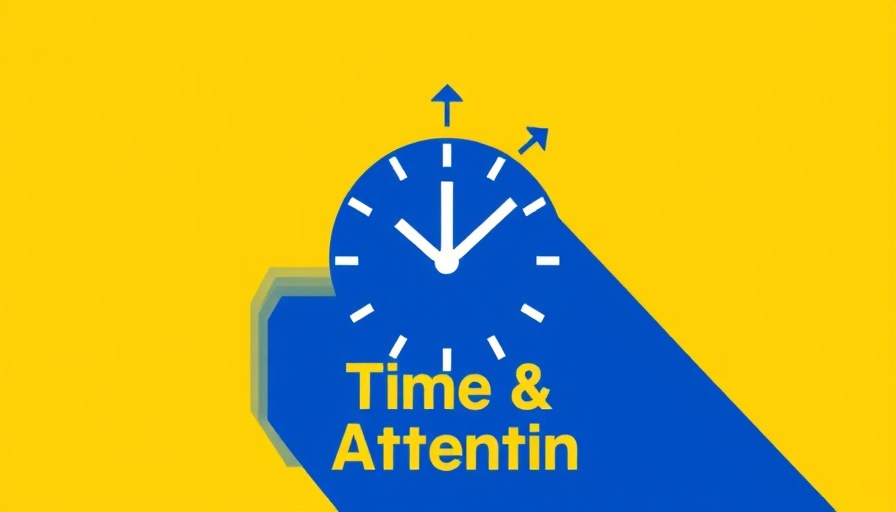
Mastering Peace: The Power of Emotional Control
In today’s demanding world, emotional strength isn't about being unaffected; it’s about being empowered. Myron Golen’s insights into being 'unbothered' offer a blueprint for executives and entrepreneurs dealing with high stress. Peace isn't serendipitous; it’s cultivated through **discipline**, **perspective**, and **self-awareness**. Just like an athlete trains for a competition, professionals must train their minds to remain composed amid turbulence.
In 'Train Yourself to Be Unbothered,' Myron Golen explores emotional resilience and control, prompting an insightful analysis of how these concepts apply to real-world challenges faced by executives.
Training Your Mind to Stay Focused in Chaos
Many of us react to life’s challenges as emotional puppets—allowing distractions, **delays**, and criticisms to dictate our mood and decisions. But we can reclaim our power by acknowledging that our **reactions are choices**. Golen emphasizes that ‘reactions are not reflexes,’ hinting at a deep truth: emotional reactions can be trained and refined. When you decide to engage with intent, you build resilience.
Turning Disruptions into Opportunities: Strategic Responses
The environments affecting high-level performers often come with an array of criticism and noise. Golen encourages us to listen less to what others say and more to our internal mission. When clarity of purpose reigns, distractions diminish. Establishing a solid emotional foundation enables you to see challenges as opportunities rather than setbacks. Imagine turning a setback into a plan to recalibrate your strategy, keeping your focus sharply aligned with your goals.
Building Boundaries: The Art of Detachment
Detachment is often misunderstood as disinterest. In reality, it is a vital form of emotional strength. According to Golen, detachment allows us to love without becoming burdened by others’ dysfunctions. Executives, especially, must learn to create boundaries that protect their emotional peace without becoming isolated in their decision-making. This protective barrier nurtures clarity and strengthens purpose, leading to better outcomes.
Daily Practices for Mental Resilience
To transform fleeting moments of peace into an enduring state, Golen advocates ‘mental reps’ to train the mind consistently. Just as one wouldn’t expect to build muscle in a day, mental strength requires daily commitment. Activities such as meditation, journaling, or focused silence serve as foundational practices that can enhance clarity and emotional resilience. Commit to daily training where your mind learns to pause and respond, rather than react.
Harnessing Emotions: Tools for Success
Emotions are vital indicators, not rulers. They should drive us toward insight, not distraction. By channeling our emotional responses, we can enrich our work and relationships, rather than letting negative emotions dictate our path. Golen’s strategy of recognizing emotions and intentionally choosing our response is instrumental for creating leadership that inspires and motivates others.
Ultimately, the wisdom of learning to be ‘unbothered’ is a call to action for all within high-demand environments: don’t chase peace; build it. Align your purpose with your actions, and cultivate a strong emotional foundation. From here, you’ll find the ability to navigate through life’s storms with an anchor that’s unwavering.
Remember, building an ‘unbothered’ mindset means not just surviving chaotic times, but thriving. Focus on your mental training every day, be intentional about what goes into your mind, and nurture what matters most in your life. This discipline provides the freedom to operate at the highest level, regardless of what the world throws at you. You’ll discover that true peace originates from a deeply understood purpose, one that empowers you to not only rise above challenges but also to lead with clarity and strength.
 Add Row
Add Row  Add
Add 




Write A Comment